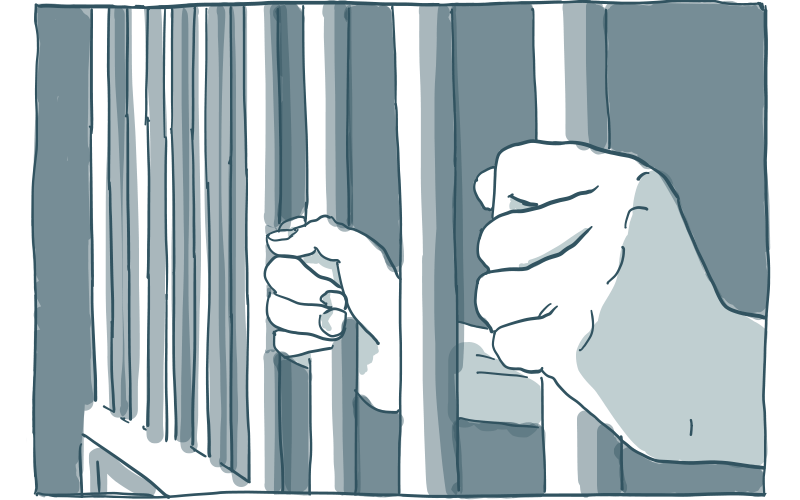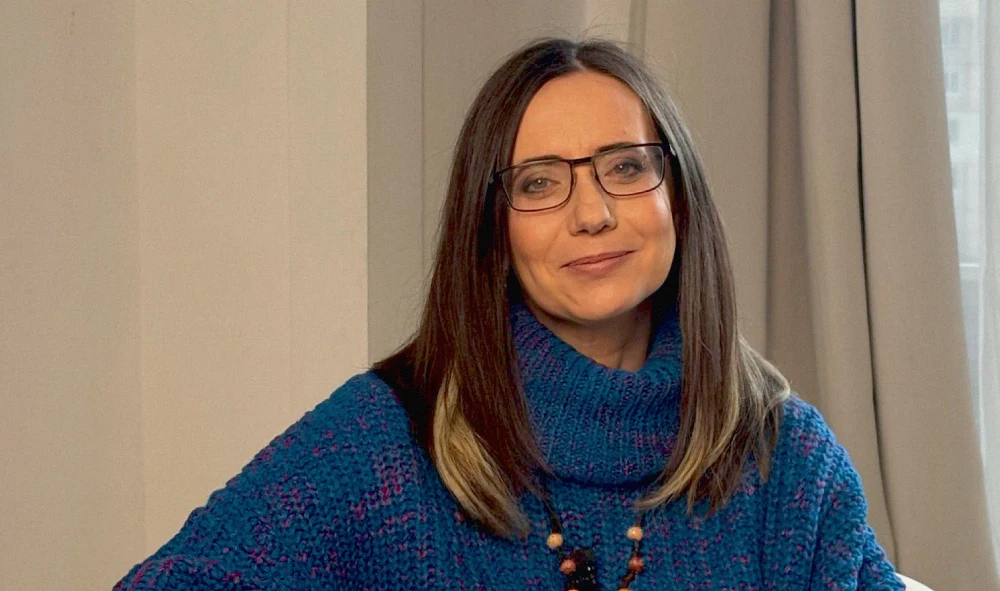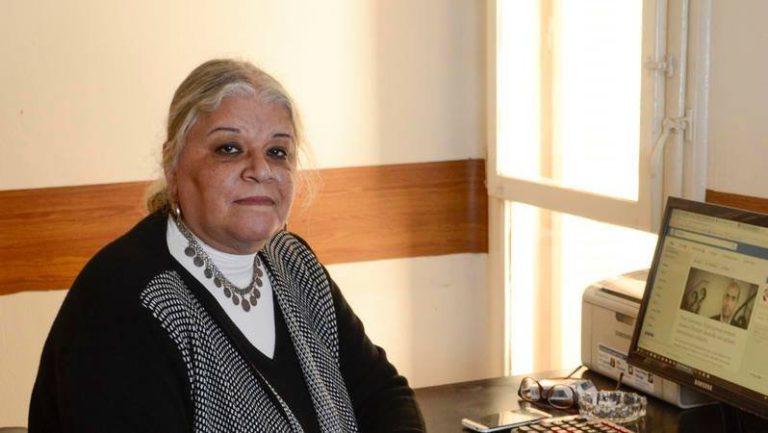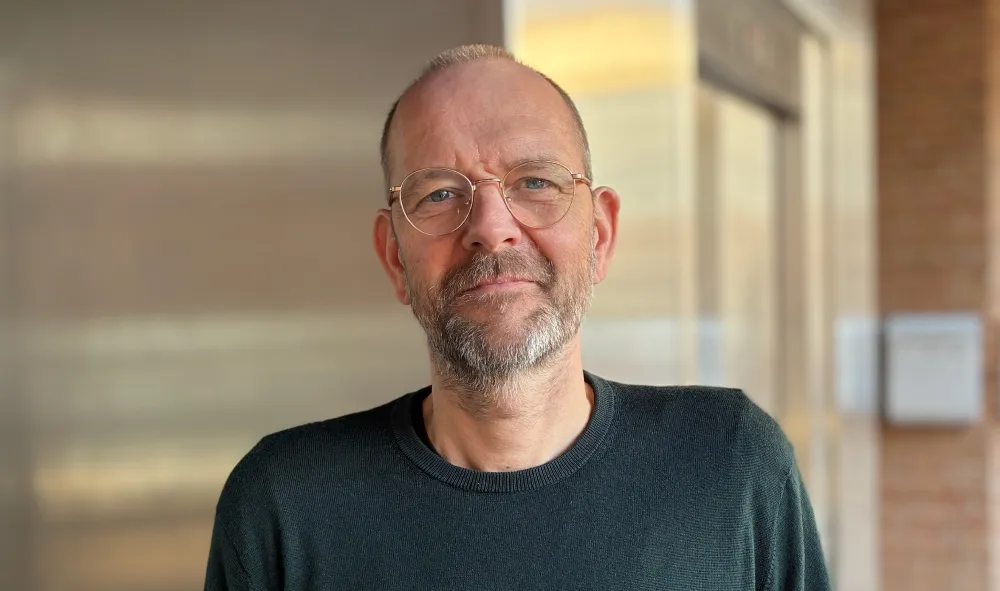Rikke Mathiasen, DIGNITY, Amman | Illustration: DIGNITY
»10,300 inmates were released from Jordanian prisons back in March.«
This was mentioned by several Jordanian media in April. Newly arrived inmates were tested and imprisoned alongside others who arrived at the same time in order to match their quarantine period. Furthermore, all prison units have been disinfected.
The Jordanian authorities have thus taken a number of measures to limit the spread of infection in prisons. And according to Eva Abu Halaweh, Executive Director of the human rights organization Mizan Law Group, especially the release of the inmates has been absolutely necessary – both to as a protecting measure during the outbreak, but also in order to comply with human rights standards – as many should not have been imprisoned in the first place.
Mizan Law Group has been working on monitoring human rights compliance in Jordan since 1998, and since 2008, DIGNITY has partnered with the organization in the national anti-torture program ‘Karama’.
Rikke Mathiasen from DIGNITY in Amman interviewed Eva Abu Halaweh about Jordan’s handling of the corona situation in the prisons.
Thus, there have been a number of measures – including the release of a group of prisoners – to limit the spread of infection in prisons. Does these measures align with human rights standards?
»The prisons were overcrowded before this release and some of the now released prisoners were imprisoned for reasons not in compliance with current human rights standards. This applies, for example, to those who received a prison sentence because they can not pay their debts. This is something that should never result in a prison sentence.«
»However, as Jordanians, we are truly proud of the health measures taken. The overall infection rate in Jordan is really low. Sanitizers have been installed in the prisons and effective testing has been carried out which has resulted in the prisons being free of coronavirus outbreaks.«
»At the beginning of the crisis we received guidelines from DIGNITY on the handling of prisoners during a quarantine period which we forwarded to both the government’s human rights coordinator and the prisons’ security department. At that time, however, several necessary measures had already been taken and these measures were largely in line with these guidelines. This included, among other things, the release of inmates to prevent the spread of coronavirus.«
»However, we had recommended that the decision to release inmates and other measures should pay particular attention to persons with health problems. We do not know if the release is based on these circumstances, however, we were told that a large number of the released persons were charged for their civil debt. As a human rights organization we are against detaining people for civil debt because it is a violation against human rights, more specifically the International Covenant on Civil and Political Rights which is ratified by Jordan.«
In the past few weeks, the Jordanian society slowly began to be reopened. What do you see as the biggest challenge for inmates during this process?
»The challenge is to receive information. Within the next few weeks, the courts will open again but people are uncertain about the handling of their cases. The inmates have many questions related to their cases and they need to resume the contact with their lawyers.«
»We are also concerned if however there was enough planning during the release of the many inmates. Of course, there was no time for any kind of reintegration and the society and their families may not have been ready to receive them.«
In Mizan, you have worked with inmates for many years. What are your aspirations for the future on behalf of the inmates when we are on the other side of the corona crisis?
»That the number of inmates in prisons will be reduced because it is first after the releases in connection with the quarantine that the numbers are within the prisons capacity. And the solution is not to build new prisons to increase the capacity, because, as I said before, many receive a prison sentence violating human rights conventions.«
»In addition, we call for a reduction in the use of pre-trial detention. Pre-trial detention should only take place under very specific circumstances, and should be the exception rather than the rule. We therefore hope that the government will take more responsibility to limit the use of imprisonment of persons who have not yet been sentenced in the future. Even worse is the use of administrative detention where a person is detained without trial. It is our clear position at Mizan that this particular type of imprisonment should be eliminated completely.«
»In the end, a punishment should not only be about eating and sleeping in a crowded place. We call for more focus on rehabilitation of the inmates so that they can be ready for the day they will be reintegrated into the society.«
Eva Abu Halaweh is a human rights lawyer and the Executive Director of Mizan for Law, an NGO founded in 1998, providing legal protection for women exposed to violence and discrimination, vulnerable children, as well as victims of torture. Moreover, Mizan works on promoting an efficient justice system in accordance with Human Rights standards. Mizan has since 2008 been DIGNITY’s partner in the national anti-torture programme ‘Karama’, funded by The Danish Ministry of Foreign Affairs through the Danish Arab Partnership Programme.
The programme is inspired by an approach of mutual responsibility where state institutions and CSOs corporate to achieve the common goal of eliminating the use of torture and other cruel, inhumane or degrading treatment or punishment.





